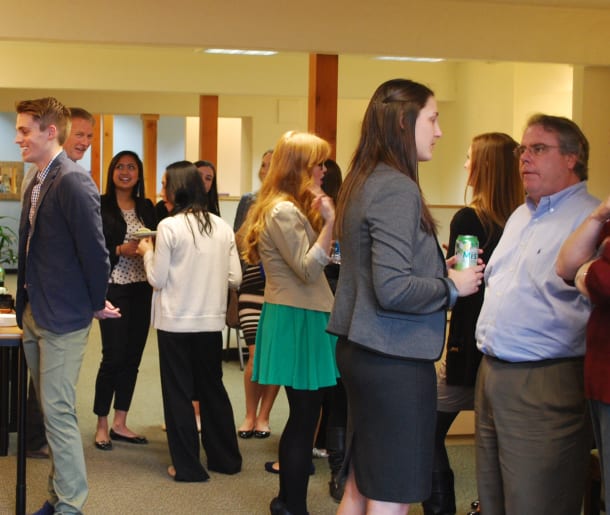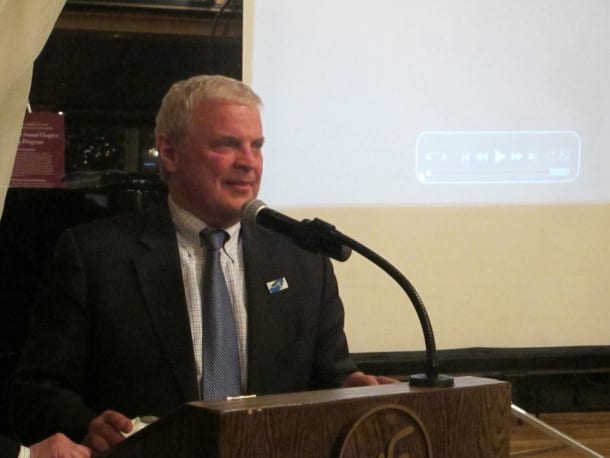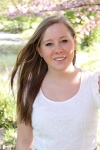A successful cover letter summarizes your relative experience and expresses your interest in a position. Your cover letter should leave the reader wanting to meet you for an interview. During the writing process, it’s important to use your unique voice, while also maintaining a professional and appropriate tone. Here are a few tips for making a great first impression with your cover letter:
Be personal. Whenever possible, address your letter to a specific person.
Do your research. Know what the position entails and learn as much as you can about the industry and organization you are applying for. Doing so allows you to focus on specific assets that match those of the position you’re applying for and tailor your cover letter to best suit the job.
Avoid using clichés. Employers sift through a number of cover letters with the same language. If you’re able to find unique ways to express your enthusiasm and interest for the position, you’re more likely to stand out.
Support your claims. Relate your strengths and experiences to the job description. This gives your letter substance. It also shows you are prepared for the position and prove your written communication skills.
Use active voice. It’s powerful. It shows your confidence. It keeps your ideas clear and easy to understand.
Proofread. Put your cover letter aside for a while, and then reread it. This is an old revision trick, but it works. You will likely discover grammatical errors and sentences that could be improved when you come back to it. Also, consider having a professor or advisor read over your letter – another set of eyes is very helpful when editing.
Don’t forget to format. Take time to make the letter clean and attractive. Keep the same font and header as your resume, but stick to traditional business letter formatting. Don’t forget to include a handwritten signature.
Your letter is the first impression a potential employer has of you as a professional. Remember, be yourself and let your strongest qualities stand out in your writing.
Photo Credit: Wim Mulder via Compfight cc
Post by Ruby Betten, PRSSA member for the 2012-2013 school year. You can contact Ruby through our blog editor at cgisler@uoregon.edu








